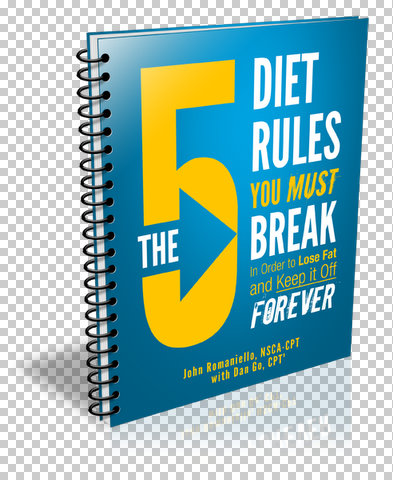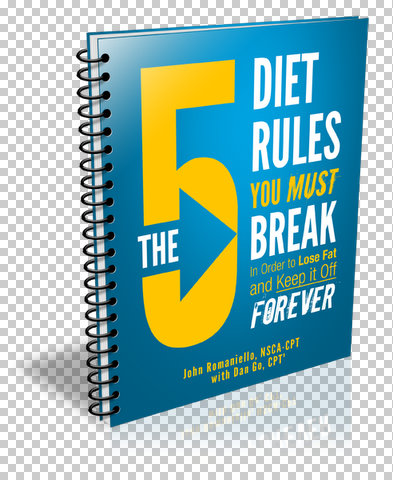
We all want to be ripped. Success ultimately lies in finding that balance of gaining – and even maintaining muscle – while burning fat. There are a few factors in achieving this. For one, we have to get hormones like Growth Hormone and Testosterone working overdrive, while lowering levels of bad hormones like cortisol.
There are infinite dieting protocol’s that promise fat loss, but usually fail in helping us keep this fat off. And then there’s the ‘new kid on the block’: Intermittent Fasting (IF).
Intermittent Fasting (IF) is starting to gain some serious momentum in the nutrition and fitness industry. Why? Well, it makes sense both to the average Joe and the scientist, it’s easy to follow, and it’s more of a way of eating than a method of dieting. It’s also in direct conflict with many of the ‘facts’ that trainers, nutritionists, and yes even doctors have been teaching since Moses wore short pants.
So, what is Intermittent Fasting ?
Well, it’s exactly what it sounds like: periods of fasting, followed by eating. Some protocol’s bunch the majority of your meals into cheat days, while others have you eating a couple big meals after fasting for the first part of the day.
IF goes against nearly everything we’ve been told
…But is it more effective?
The 5-6 meals a day theory of increased meal frequency.
We’ve all heard this from the day we initially got interested in getting ripped. The notion that consuming smaller amounts of food more often, will boost our metabolism, in turn helping us burn more fat.
The 5-6 small meals a day theory suggests that since eating increases our metabolic rate, the more often we eat, the greater our metabolic rate will be. However, while eating does increase our metabolic rate, it doesn’t mean more fat loss.
When we eat, our metabolic rate increases because of the energy it takes to break down and digest the food we’re eating. This, however, doesn’t differ whether you eat 6 small meals, or 2 big meals as long as the amount of food is the same.
Breakfast is the most important meal of the day.
Now it’s time for me to admit I can change theories if they’re grounded in fact, but also results. Everyone says that breakfast is the most important meal of the day, and have been for years and years. It’s viewed as an unequivocal fact, so naturally I too took it as one as well.
Much of the pro breakfast crowd’s argument is that insulin sensitivity is highest in the morning. So having a calorically dense breakfast will help you build muscle and lose fat. The fact is that insulin sensitivity is greatest after an 8-10 hour fast. It’s even more responsive after a workout, making even more sense to have a high carb meal after a workout.
The other argument is that a big breakfast will fill you up, get your metabolism working, and result in smaller meals throughout the day. Studies have shown that a bigger breakfast will often make you more likely to eat as the day goes on because you’re eating right from the get go.
The reality is that what time you eat your first meal really doesn’t matter. So breakfast really isn’t the most important meal of the day. As I have said a million times, the meals before and after your workout are.
So, is IF better than dieting?
I hate dieting because it’s completely unsustainable. To me, IF isn’t dieting, it’s a way of eating that allows for cheat days, (in some cases it’s actually encouraged, like with John Romaniello’s protocol, as cheating increases leptin levels. Leptin is a fat burning hormone that diminishes as our caloric intake is lowered) and is much easier to follow.
Where dieting is all about caloric restriction, IF isn’t. Coming from a guy with a naturally high metabolism, I thought fasting would be the death of me. I thought that if I skipped meals I wouldn’t have energy and I wouldn’t be able to maintain the focus that I want and need to perform my work at the level I want and need to perform it at.
In the beginning, this was true. I did lack energy and focus, but that only lasted a couple days. After the initial shock to the system, which can be helped by consuming coffee or tea which are both appetite suppressants, it became routine. And instead of eating a number of small meals in a day, which can be very time consuming, moving to a couple bigger meals was both more satisfying and easier to maintain.
Is IF better than dieting? Yes. It’s much more in line with how we would ideally eat on a daily basis; therefore it’s easier to maintain as a lifestyle that will last you a lifetime, where a diet will simply be an unsustainable fad. Diets help you lose fat for a period, IF helps you lose more fat and keep it off for a lifetime.
IF also helps us on a hormonal level…
IF, Cortisol, Testosterone and HGH
Fasting results in the raised levels of Growth Hormone (GH). GH helps stop cortisol levels from rising. High cortisol levels (stress hormone) result in muscle being burned and used as fuel. GH, along with testosterone, are our two most important hormones because of their positive effects on belly fat loss, muscle gains, but also because of how they keep those cortisol levels low.
In my own personal twist I still adhere to the daily routine that helps me maintain high testosterone levels found in this article: Naturally Boost Testosterone. Something you should also think about.
Why IF helps you stay ripped. Forever.
We can lose weight when dieting because we’re going to be burning more than were taking in, but how long can we keep this up?
IF is a way of eating that we can follow for the rest of our lives. Both dieting and IF work, but IF is something that you could maintain, never falling off the wagon. Thus IF is justly gaining momentum as a means to help people burn fat, and keep that fat off. Where most other forms of ‘dieting’ help us burn fat, but fail to help us keep it off.
Gift: FREE Ebook ===========>
I mentioned John Romaniello earlier. He’s a guy with a wealth of knowledge on IF, and he’s also been nice enough to give you this gift (free ebook) which will break down 5 ‘rules’ that we have to break down in order to burn fat, and keep it off.
Why do I like his protocol’s and theories so much? Because he’s one of the few guys who’s concerned with helping people get and stay in great shape for their entire lives.
Much of the content out there, especially for fat loss, is designed to help you lose fat by dieting. And as I just talked about, it’s not going to be sustained over a lifetime.
Download his “5 Diet Rules You Must Break” ebook, and find out why the most “important” meal of the day is completely SABOTAGING your attempts to lose weight (and how to fix it).
Find this article helpful?
Sign up here and get 2 free programs + weekly tips and updates not found on the blog:
